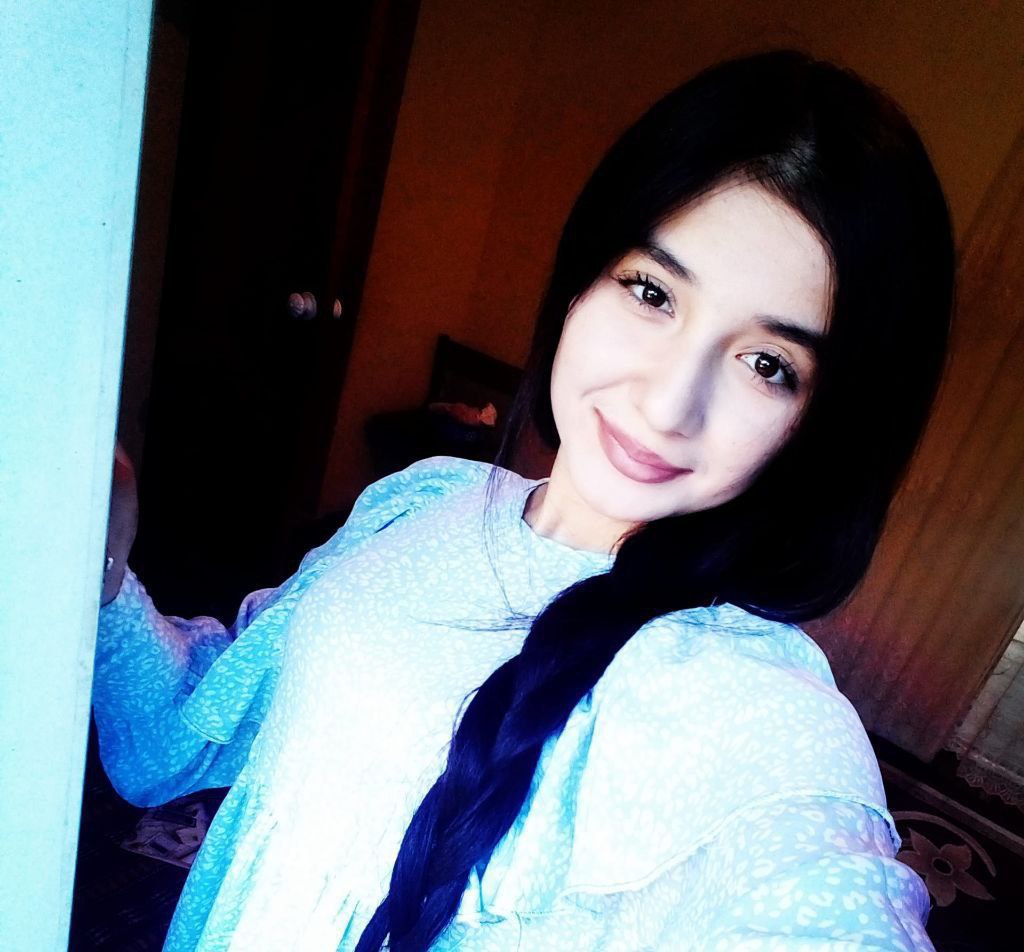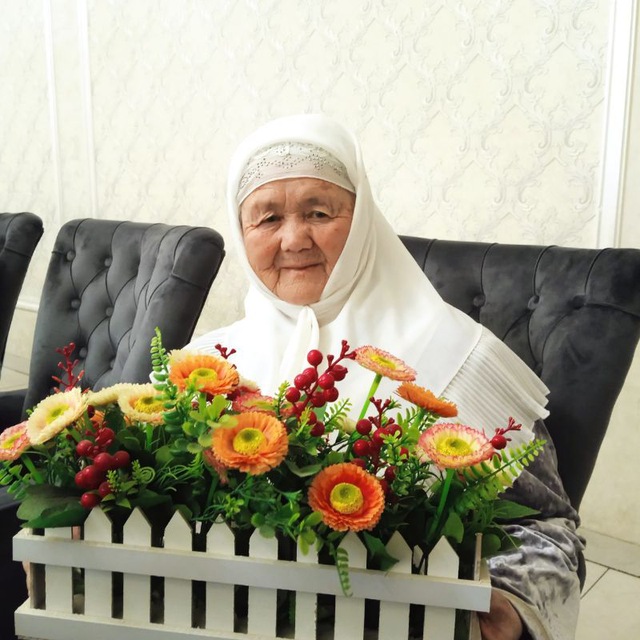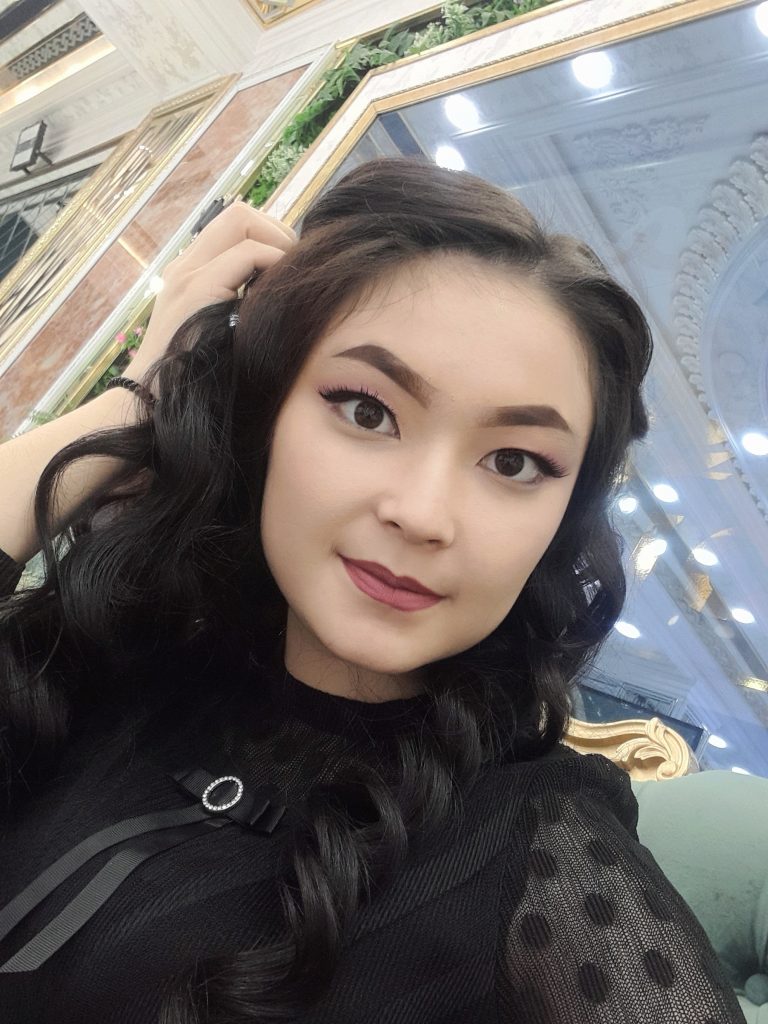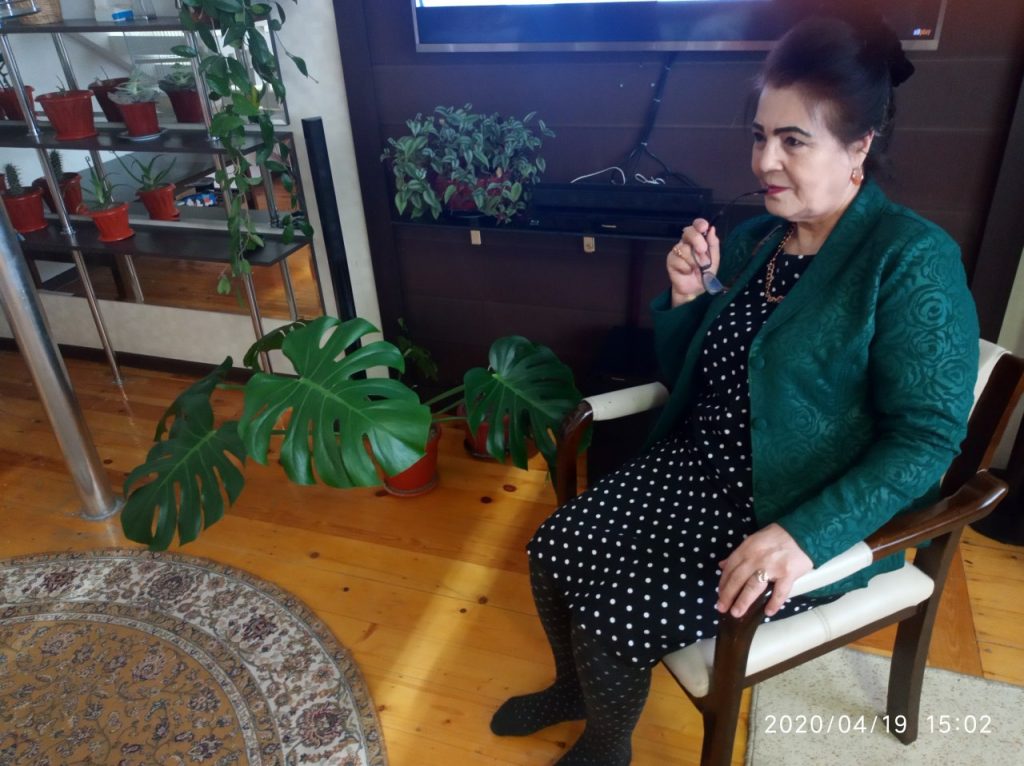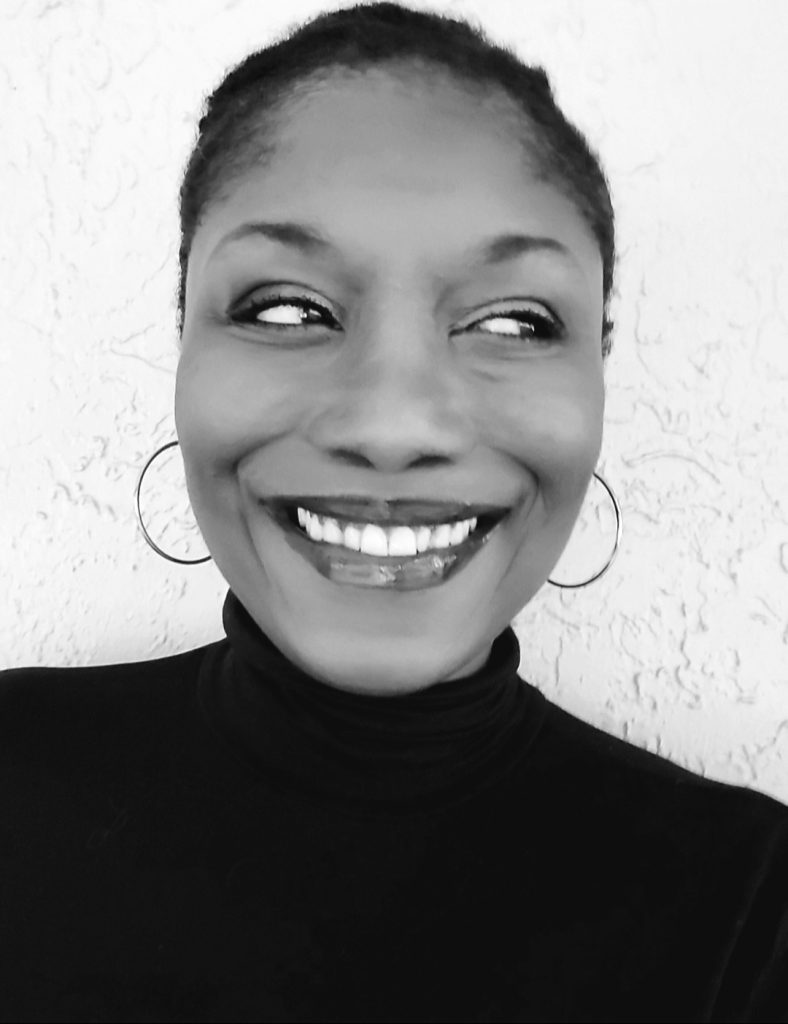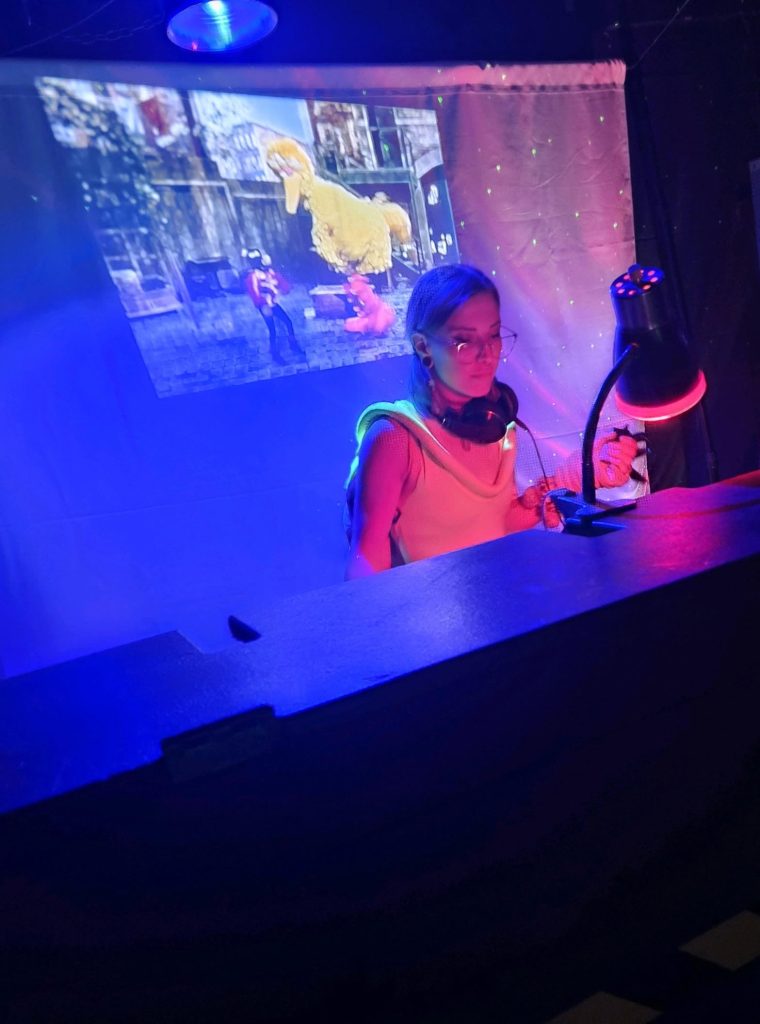PROBLEMS THAT ARISE IN THE PROCESS OF TEACHING A FOREIGN LANGUAGE AND THEIR SOLUTIONS
Annotation: This article highlights the description of useful options which helps to think in English.
With the development of the period, the need and demand for learning a language have increased so much that nowadays there is a need to know a foreign language in almost every field. In particular, English has become one of the most studied languages in the world. The demand and supply for young personnel who can perfectly learn this language and contemplate in this one are increasing more and more. However, a question arises: “Why is it difficult for us to think in this language?”, “How we can debate, praise and criticize in this language?”. These questions will be answered fully, clearly, and with examples in this article.
Some reasons that prevent us from thinking in English and one of them is the use of bilingual dictionaries. That is, if we want to know the meaning of a word or phrase, we use bilingual dictionaries, from English to native language or from native to English. Many students continue to refer to these translation dictionaries whenever they want to know the meaning of a word because they have been taught the grammar-translation method since kindergarten and school and it has become a habit for them, however, it is very urgent that we should break this mode. Because of big differences between languages in terms of vocabulary, translation, grammar, and structure, we confront with a plenty of obstacles when we want to know how a word in Uzbek is called in English, we may not find this word in dictionaries, or we may find a word used in a completely different meaning in dictionaries. We know that every language has its own and figurative words, and in the process of translation we come across words with completely different meanings from bilingual dictionaries. In addition, it takes a lot of time to think and translate in a conversation – this leads to pauses, hesitations and the inability to speak quickly and fluently.
The reasons mentioned above are known to eradicate our study on foreign language. Even so, there are several methods and specific rules to overcome such misunderstandings and defects. If we follow them strictly, we can soon notice a great revolution, and we can communicate in English fluently and become proficient in meditating on English. To begin with, we should surround ourselves with English. This does not mean going to an English-speaking country, and even we can accomplish this task at our home. For this, we need to do a day of English for 10 minutes every day, and we should regard this time not as study time, but as a fun and interesting process. Later, we can gradually increase this time from 10 minutes to 20, 30, 40 and more minutes. At this time, we can listen to podcasts, listen to the radio or music, read blogs, magazines and books or watch the English movies that we like, and during this time we can do two things. Firstly, we can listen passively. At that moment, we reduce the stress and pressure and it helps us to learn the language deeply. We also get the opportunity to get to know the speech and pronunciation of native speakers and increase our range of vocabulary. The other is that we have the opportunity to repeat the words and phrases we perceive and find out, and this is very beneficial for regulating pronunciation standards.
Moreover, we should only turn to account words that we know and have already learned. Sometimes we try to explain or express an idea while speaking, but we don’t acquire knowledge of vocabulary. At this time, we endeavour to find the translation of this word in the dictionary or ask someone for a translation. Maybe it helps us to increase our vocabulary, but it has a defective effect on the fluency of our speech. Therefore, it is preferable to use only words that we acquainted with. Although these words are very elementary, if the speech is carried out fluently without pauses and word searches, we will be successful. If we don’t have enough vocabulary to explain something, we need to look around the word, by this we mean that, we can think of synonyms or alternatives for that word. If we can’t find them either, it’s best to refrain from expressing that thought or idea.
The next point is that we should start learning from small and build it up step by step. It is challenging to ruminate about this non-native language, however, we can initiate this from learning only simple words, after that, we broaden this range by being informed of collocations, phrases, simple and complex sentences. One of the most conventional and predominant ways is looking at a picture and illustrating it. At first, we start by saying only the name of the item, subject, person and event depicted in this picture which we know the translation of. Then, we make phrases with adjectives or pronouns from the ones mentioned above. We make simple sentences from word combinations, and complex sentences from simple sentences. Then we get used to doing this exercise when we walk down the street, do shopping, go to the doctor’s office, wait in queue at the bank. By repeating this actions permanently, we learn to describe, analyze and evaluate the events and cases happening around us. Thus, we rise from the bottom to the top. Russian psychologist Lev Vygotsky said that the inner voice, our thinking came from the internalization of the outer voice. The inner voice in our head is the same as when we speak. There is one difference and it is our muscles. We do not make use of our muscles when we think, but we utilize when we speak. That is why, this process of thinking, speaking, thinking, and speaking through practice we can amplify it and help us to think in English.
Another strategy is that we should use English in our daily life. We should keep a diary and when we wake up in the morning, we should write in it our plans for the day, the tasks that we need to do, and at the end of the day, how our day was, what events happened, and what plans we made in our diary. Due to the repetition of such kind of workouts, we learn to use English in everyday life and use it correctly. Of course, there is a huge difference between speaking and writing, and they are separated from each other. But, according to some researches, writing and speaking are connected to each other in some cases. For instance, both of this skills require to meditate, criticize, prove or explain the phenomenon and it is depend on ourselves how to express this. However, we cannot write the way we speak. By taking notes, making some sentences on our diary, we learn to write cohesively and coherently in English without translation and a dictionary. As I highlighted above, we should only use the words we know.
In addition to this, as we know, practice is the most important part of learning language, as well as English. When we practice speaking with our friends, teachers, family members or other people, we will be more aware of events or things that are happening around us. So, we will more likely to think in English in order to make conversation with our partners.
The last option is that we should be monolingual. As I mentioned above, when we search words which we don’t know in bilingual dictionary, we may face some difficulties to find the exact translation or meaning. It is better to use monolingual ones that show the synonyms or definitions. By this, we can focus only on one language, enlarge our range of vocabulary and learn to think in this language.
All in all the discussion in this article has clearly shown some causes which disturb us from learning language completely and properly, and a huge number of options and strategies which help us to think in English, speak fluently and smoothly like native speakers and break up the barriers that we may face. By following these rules, we hope that students, even language learners can adapt to the English environment and live in it!

